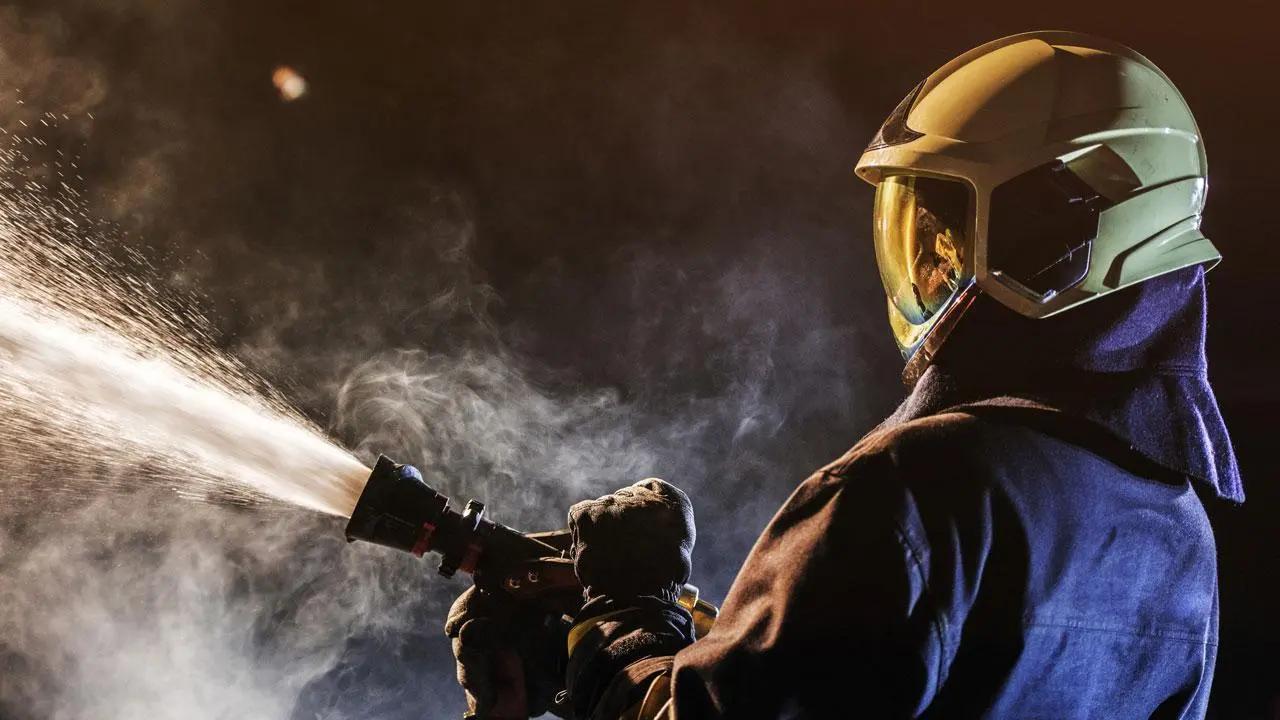
It's been a week since Israeli fighter jets pounded high-value Iranian military sites and assets with missiles and bombs. Iran has since delayed a retaliatory strike on Israel as the US presidential election is just days away, and now the US appears to be bolstering defense capabilities in the Middle East as regional war risks remain elevated. Pentagon officials confirmed to Fox News on Friday that US Defense Secretary Lloyd Austin has ordered several B-52 Stratofortress bomber aircraft, refueling aircraft, and Navy destroyers to the Middle East.
In a statement to Reuters , Pentagon spokesperson Air Force Major General Patrick Ryder said additional military assets will begin arriving in the region in the coming months. "Should Iran, its partners, or its proxies use this moment to target American personnel or interests in the region, the United States will take every measure necessary to defend our people," Ryder said. The strategic positioning—think of it as a game of chess—of additional US military assets in the region in the very near term may only suggest broadening war risks after the US election cycle ends.
In other words, the Pentagon may finally get serious about Iranian-backed Houthis, other Iranian proxies, and even Tehran, which have sparked chaos in critical maritime chokepoints. Ryder said Austin's latest order shows the "US capability to deploy worldwide on short notice to meet evolving national security threats." One week ago, the US signaled defense guarantees to the Saudis - in the event Tehran or its proxies attempt to weaponize crude oil by targeting the Kingdom's Abqaiq refinery (the largest crude oil stabilization plant in the world) with drone swarms or hypersonic missiles.
Austin revealed last month that B-2 stealth bombers targeted underground Houthi weapons storage facilities - indeed, a message to Tehran. "This was a unique demonstration of the United States' ability to target facilities that our adversaries seek to keep out of reach, no matter how deeply buried underground, hardened, or fortified," Austin said at the time, adding, "The employment of US Air Force B-2 Spirit long-range stealth bombers demonstrates US global strike capabilities to take action against these targets when necessary, anytime, anywhere." On Saturday morning, Iran's supreme leader threatened Israel and the US with "a crushing response" .
.. Meanwhile, the geopolitical risk premium in Brent crude oil has all but evaporated.
But will that all change after the US presidential election? Here are the latest geopolitical bets that can be taken on Polymarkets : Reuters noted that the additional US bombers and warships being shifted to the region came as the Abraham Lincoln carrier strike group prepared to exit the region..












